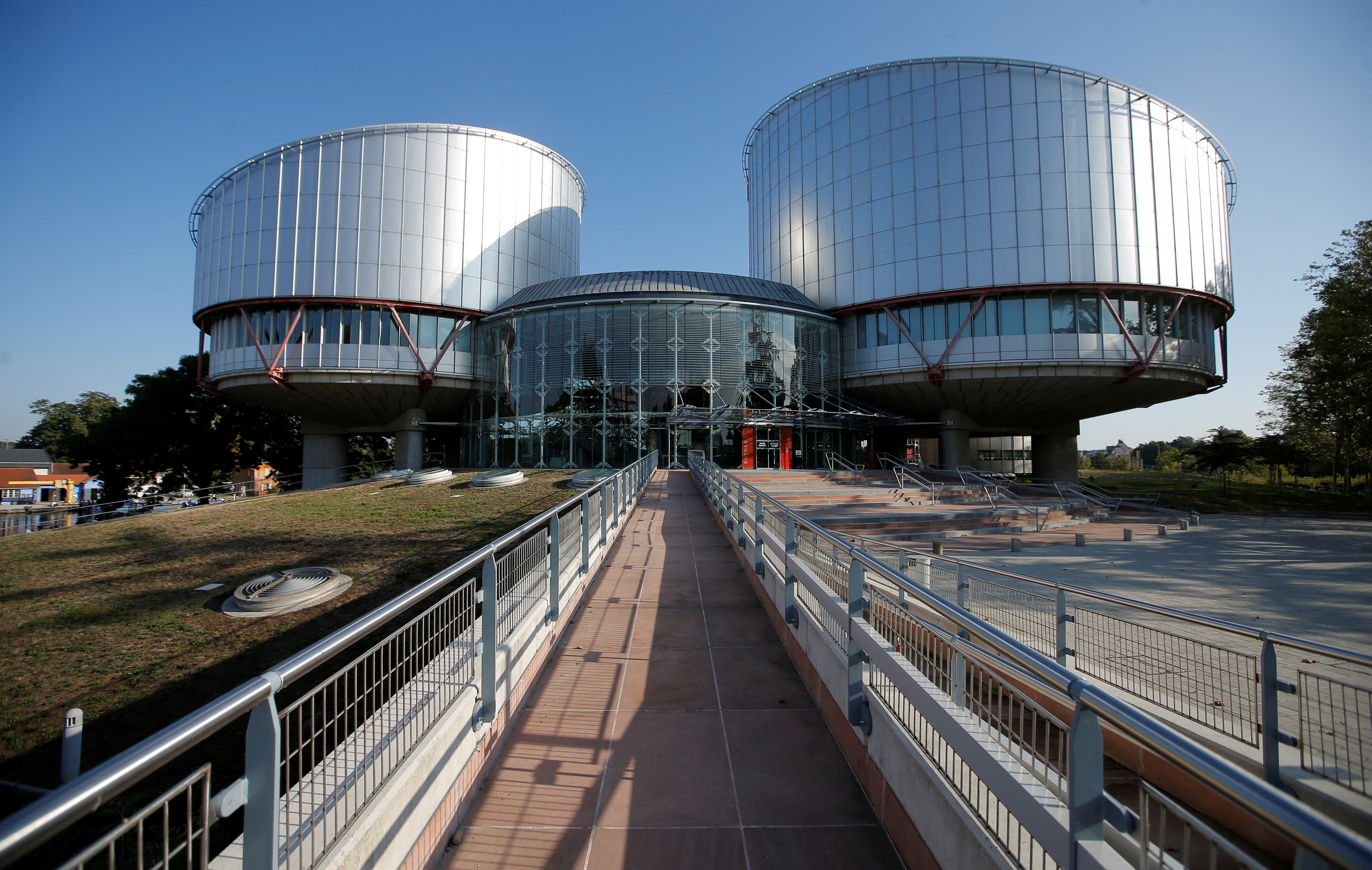In a judgement made public on Thursday, the European Court of Human Rights (ECtHR) has ruled against an appeal filed by a Cypriot convicted of drug-related charges.
“The applicant complained that his criminal trial had been unfair because he had been convicted solely on the testimony of an accomplice who had been allegedly rewarded with a suspension of his own sentence,” the ECtHR said.
But according to the Strasbourg court, Charalambos Sakkou, the applicant, had indeed received a fair trial; no injustice in the legal process of the defendant could be detected.
The court also dismissed Sakkou’s claim that a subsequent suspension of his former accomplice’s prison sentence had been indicative of a deal between the latter and authorities.
Following his testimony, the accomplice had been placed in a witness protection programme.
The ECtHR rejected Sakkou’s claims, noting that according to its findings, the Cypriot courts had displayed caution in relying on the accomplice’s statements, and that they had additionally relied on independent evidence which reinforced the witness’ testimony.
The initial trial had taken place in Limassol in June 2020, where the court heard five witnesses for the prosecution, including the former accomplice, plus Sakkou as the only witness for the defence.
In October 2020, the court found the defendant guilty on eight charges. Sakkou was convicted in November of that year. Two months later, in mid-December, then-president Nicos Anastasiades issued a suspension of the remainder of the witness’ prison sentence, days before it was set to come into effect, following a recommendation by the attorney-general.
The suspension of the witness’ sentence was conditional on him settling abroad and returning only to testify in ongoing cases. However, he breached the agreement by failing to appear in court to testify against the defendant.
In its ruling, the ECtHR argued that the witness had only been rewarded with entry into a protection programme, not immunity, and found no reason to doubt the Cypriot Supreme Court’s decision, noting the witness had served part of his sentence and that the suspension of the rest was not evidence of wrongdoing.






Click here to change your cookie preferences